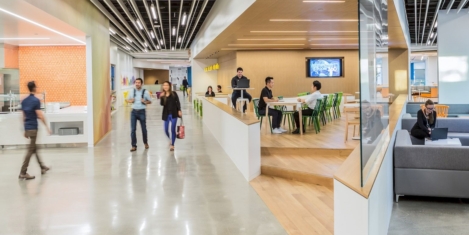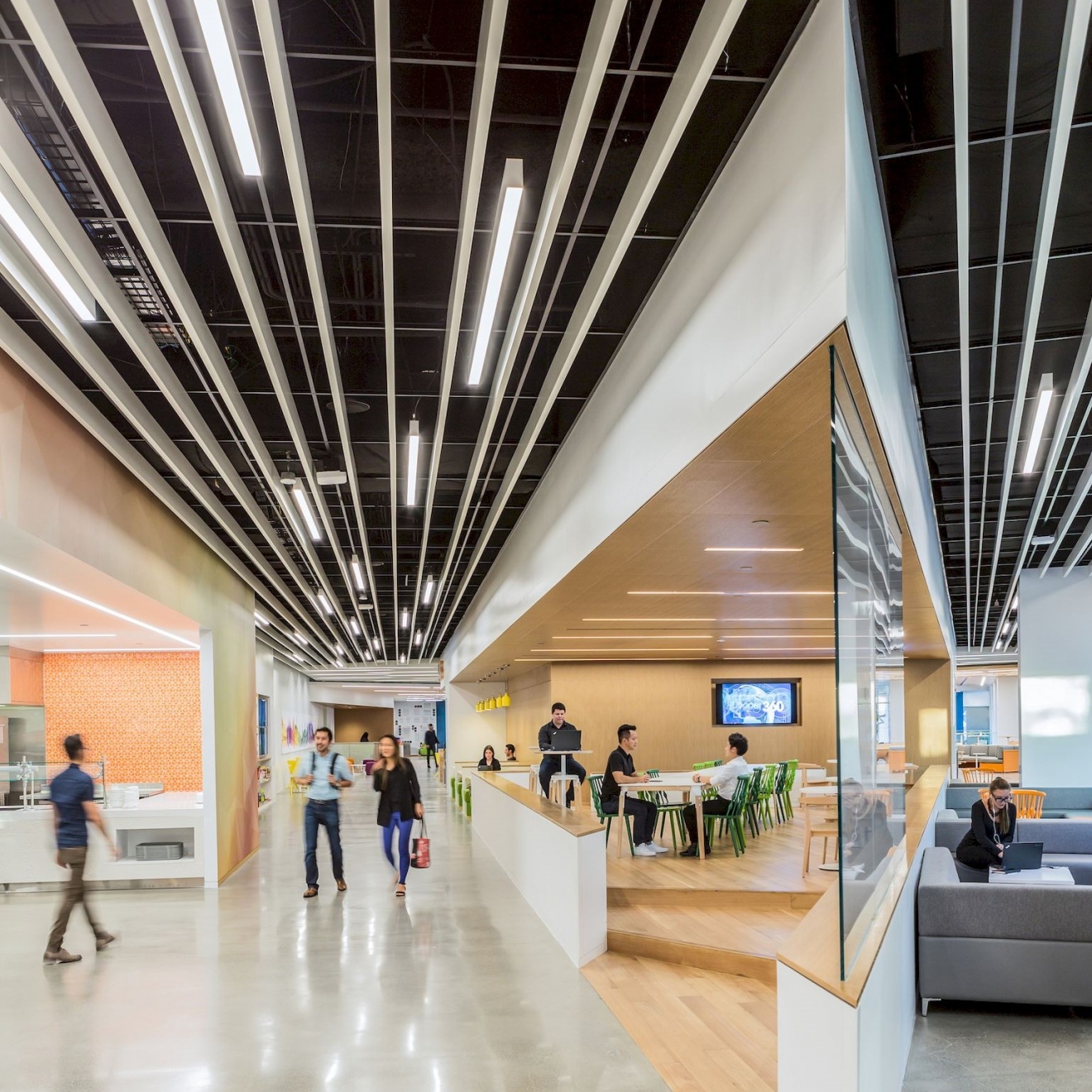November 12, 2019
Oxford and Reading are best cities in which to live and work in the UK
 Oxford has been recognised as the top performing city in the UK to live and work for the fourth year in a row in a nationwide study carried out by PwC. The city has emerged ahead of Reading thanks to work-life balance, income, transport and skills with Bradford being crowned as the most improved city. Published today (12 November 2019), the annual Demos-PwC Good Growth for Cities 2019 sets out to show there’s more to economic well-being than just measuring GDP. The index measures the performance of 42 of the UK’s largest cities, England’s Local Enterprise Partnerships (LEPs) and ten Combined Authorities, against a basket of ten factors which the public think are most important when it comes to economic well being. These include jobs, health, income and skills, as well as work-life balance, house-affordability, travel-to-work times, income equality, environment and business start-ups. (more…)
Oxford has been recognised as the top performing city in the UK to live and work for the fourth year in a row in a nationwide study carried out by PwC. The city has emerged ahead of Reading thanks to work-life balance, income, transport and skills with Bradford being crowned as the most improved city. Published today (12 November 2019), the annual Demos-PwC Good Growth for Cities 2019 sets out to show there’s more to economic well-being than just measuring GDP. The index measures the performance of 42 of the UK’s largest cities, England’s Local Enterprise Partnerships (LEPs) and ten Combined Authorities, against a basket of ten factors which the public think are most important when it comes to economic well being. These include jobs, health, income and skills, as well as work-life balance, house-affordability, travel-to-work times, income equality, environment and business start-ups. (more…)





































November 12, 2019
Uber Works may not be as good for workers as it is for businesses
by Shainaz Firfiray • Comment, Flexible working, Technology